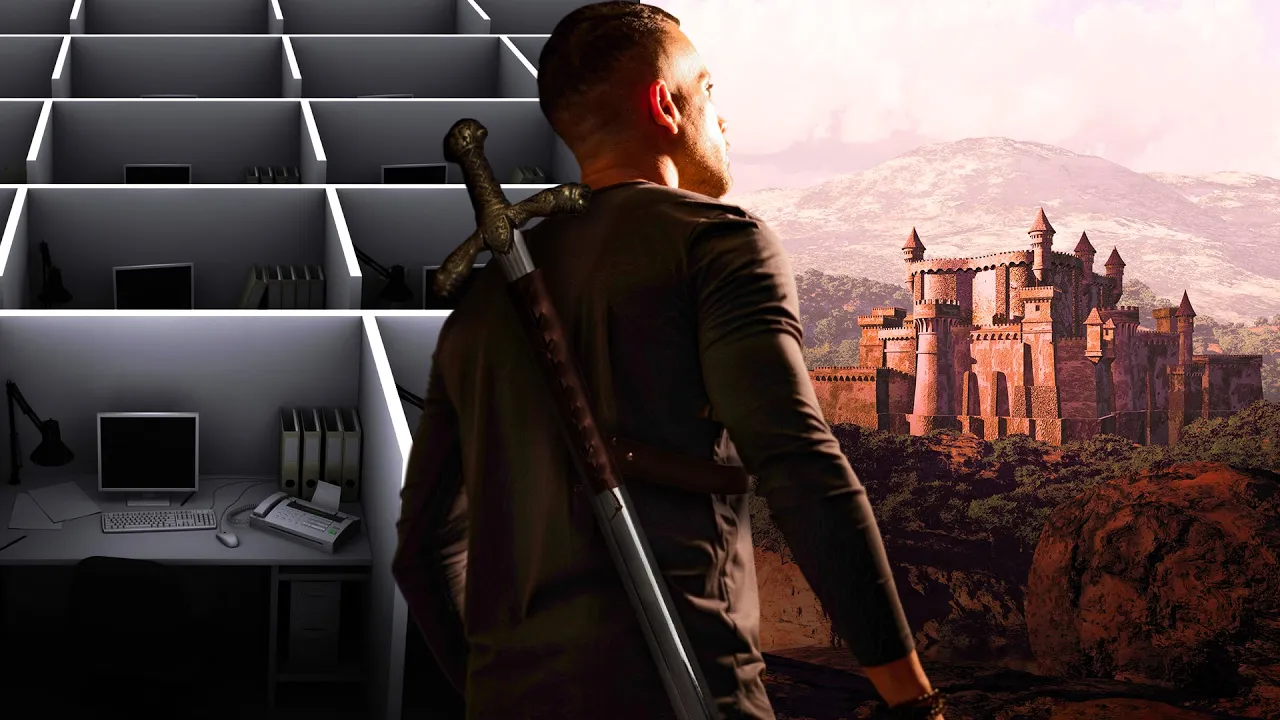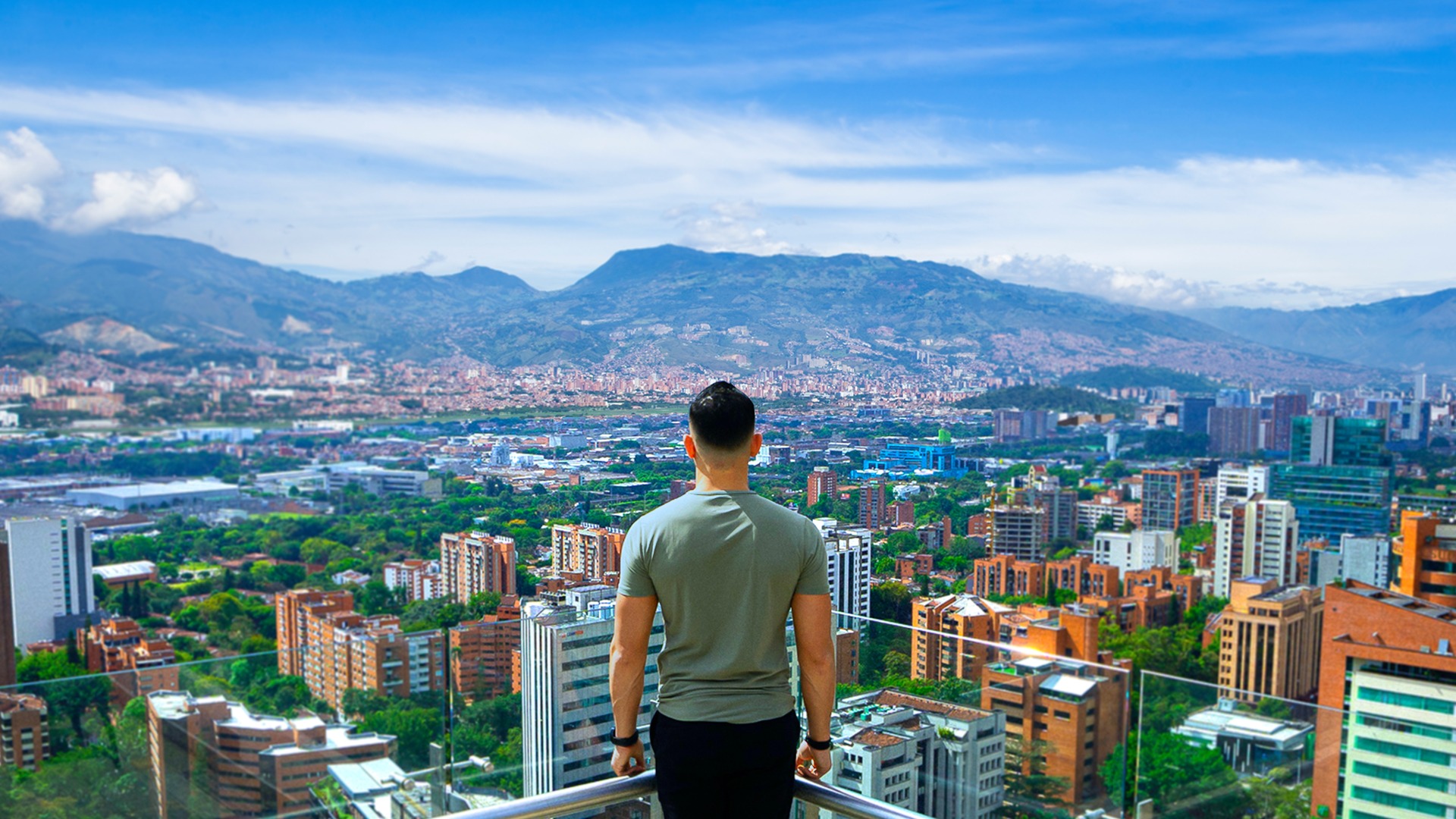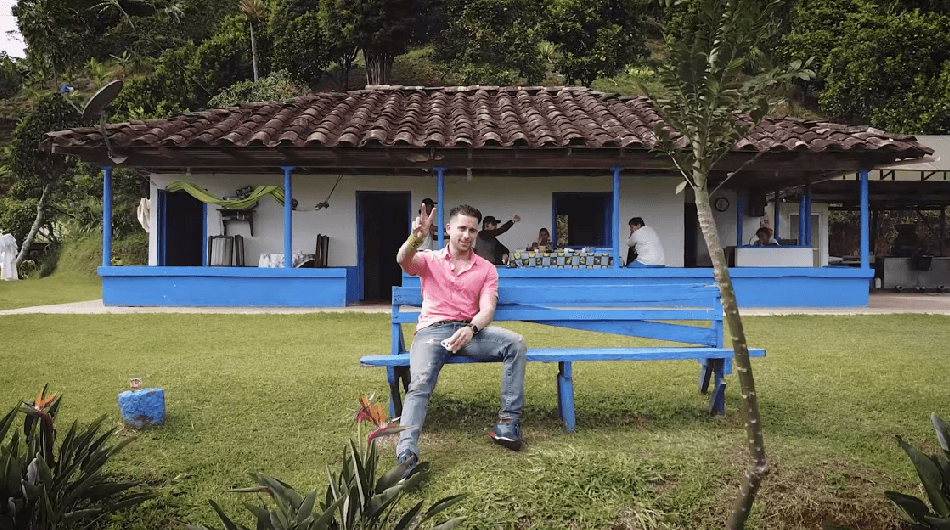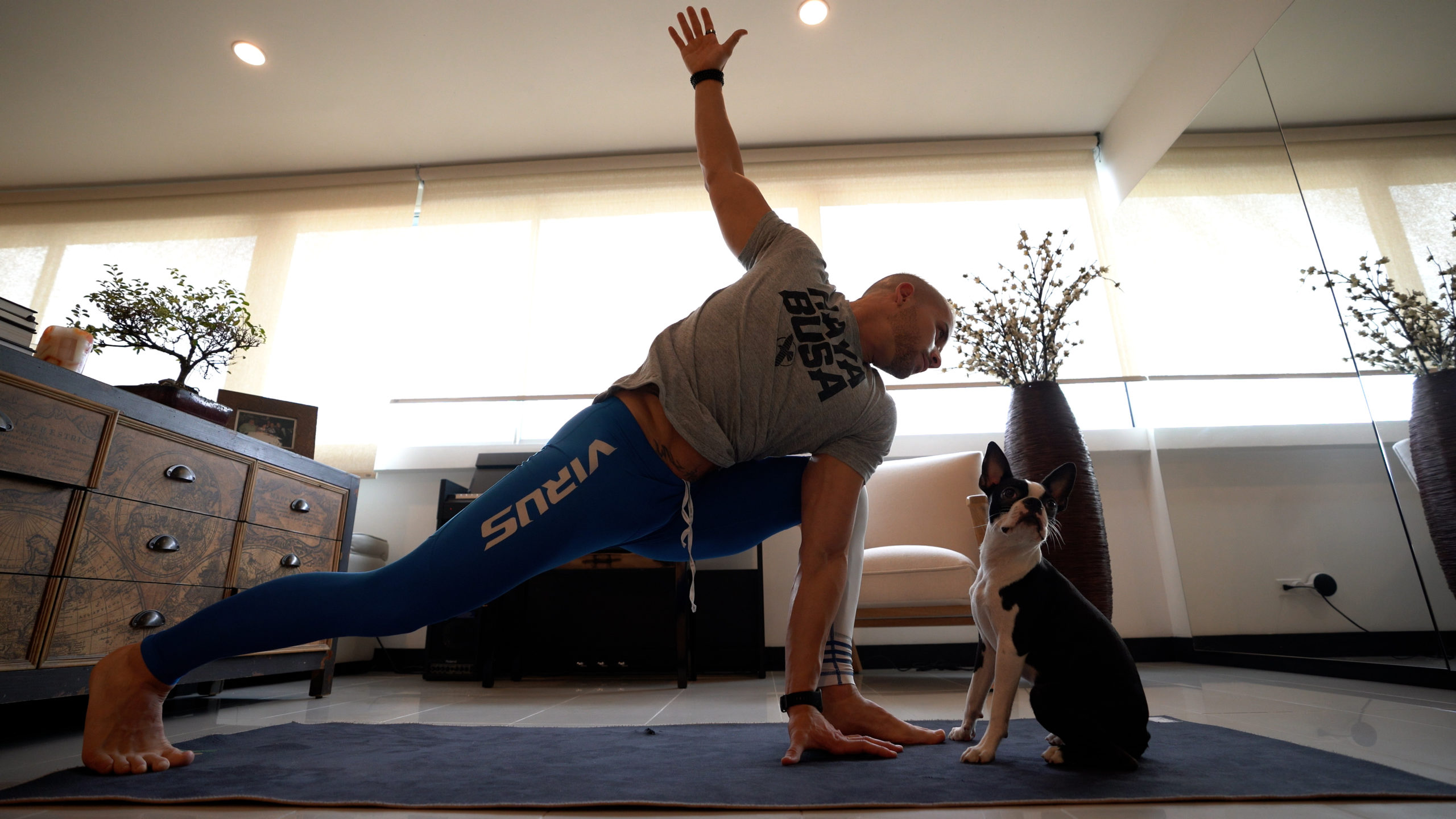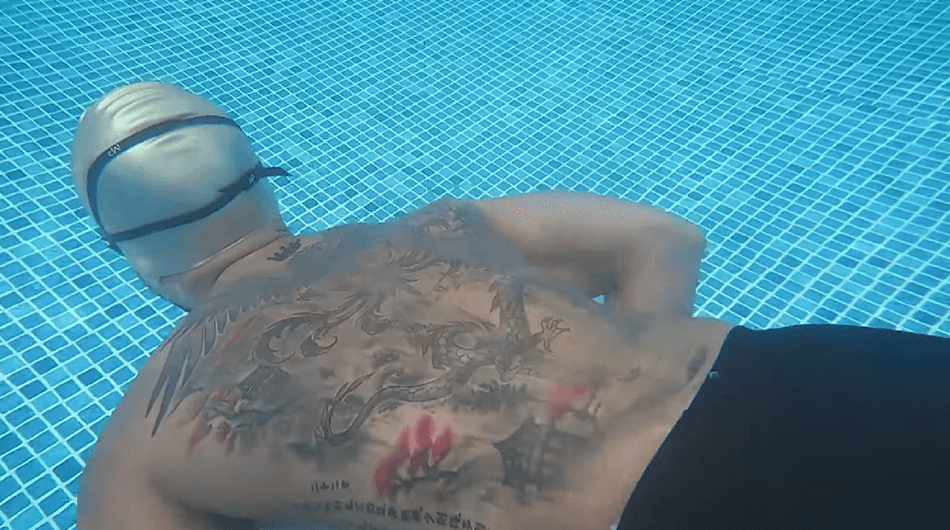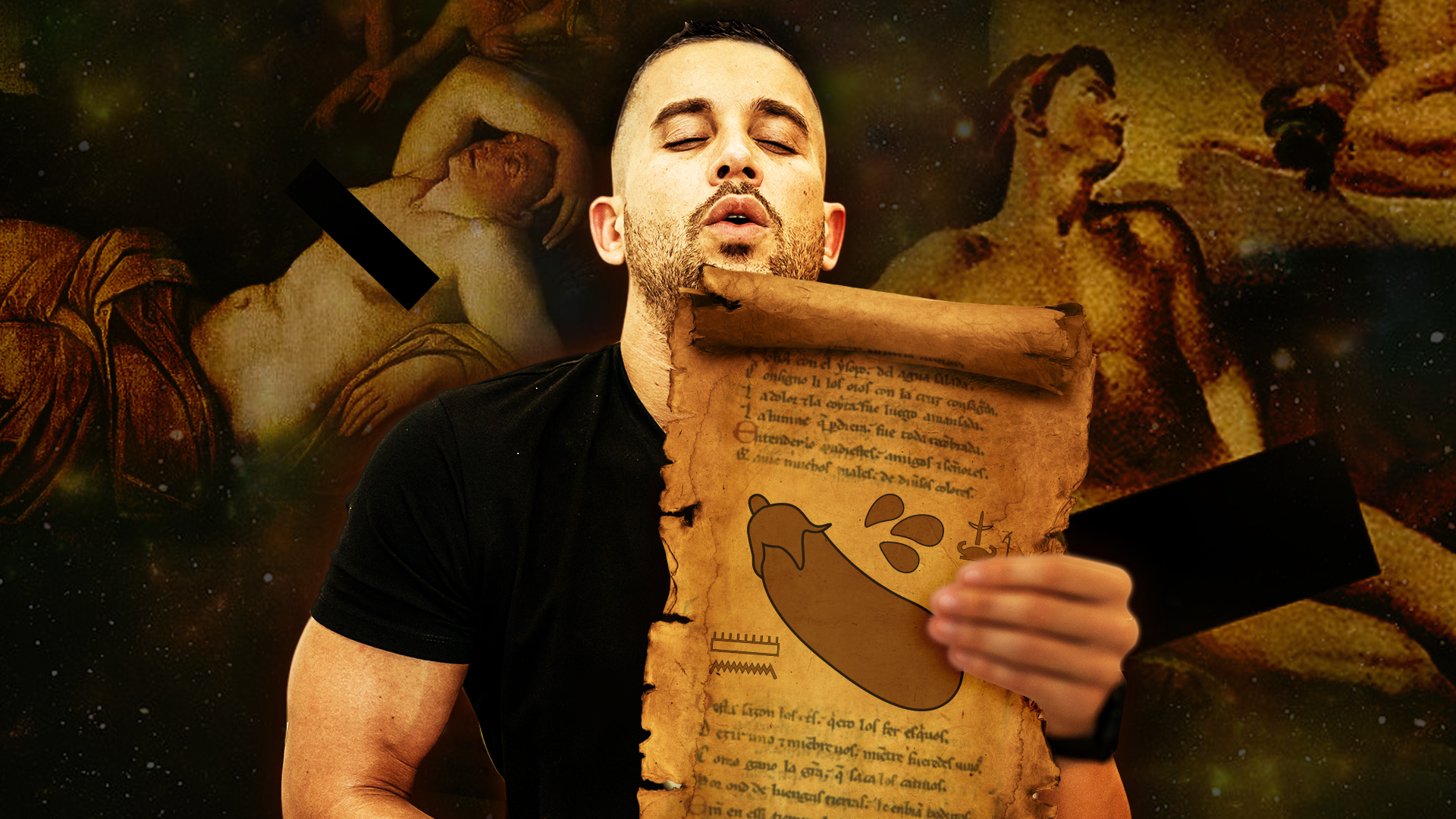How to Make an Ordinary Life Extraordinary (The Hero's Journey)
- Written by NelsonQuest
- September 17, 2022
Table of Contents
“The hero’s journey always begins with the call… ‘Look, you’re in Sleepy Land. Wake. Come on a trip. There is a whole aspect of your consciousness, your being, that’s not been touched. And so it starts.So you’re at home here? Well there’s not enough of you there’ ”
– Joseph Campbell, A Joseph Campbell Companion: Reflections on the Art of Living.
In his book “The Hero of a Thousand Faces”, Joseph Campbell observed that the hero of every great story or myth, across the whole of human history, has more or less the same narrative progression.
Ushered forth by the call to adventure, the hero, aided by a wise mentor, must journey into an unknown world where they will battle through great adversity as they make their way towards a great monster they must slay, to claim the treasure they will need to defeat their ultimate challenge, before finally returning home, completely transformed from when they left.
Campbell referred to this progression as “The Hero’s Journey”, and if we look closely, it’s the same progression that we all pass through on the journey of personal development.

So in today’s video, I’m going to summarize the ‘Hero’s Journey of Personal Development’ in 12 stages.
Understanding this journey will be a revelation for many of you because, if you’re stuck or not entirely sure where to go next, this video will give you tremendous clarity.
If you really want to benefit from this video, I suggest that as we move through the 12 stages in this video, try to layer them onto your own journey… What was your ‘call to adventure’?… who or what was your ‘mentor’ that helped you to ‘cross the threshold’ into the world of the ‘unknown world’?
…This will all make sense shortly. Let’s begin.

Stage 1: Ordinary World
Every hero begins their journey in the ‘ordinary world’: the world as we have always known it to be. Here’s where the story begins… or rather… where the story has yet to begin.
Here, we are comfortable. Here, every rule and tradition was established by the society around us long before we had any say in the matter. Here, the final destination of our path is not to discover what Campbell would describe as “the inward thing that we basically are”, but rather (and perhaps tragically) to merely conform to the expectation of ‘what we ought to be.’
Here, we have a sense that something is ‘not quite right’, but don’t yet possess that which will enable us to articulate it.


Stage 2: Call to Adventure
The call to adventure is an invitation to embark on a new quest into an Unknown World. A quest that we know we must accept, because we sense that within it, we will find our salvation.
The call to adventure can happen intentionally, such as when we move to a different country, start a new business, or embark on the journey to master a new skill.
But more often than not, the call to adventure happens unintentionally – like when someone breaks our heart, when we have an epiphany, or otherwise any sort of life circumstances that causes us to fall so far down (or up) we are forced out of the comfort of the ‘original world’ and into a space where we can see into the ‘unknown world’ and understand this potential life-changing adventure that awaits us.

Stage 3: Refusal of the Call
The ‘unknown world’ is terrifying at first, because it’s completely foreign to us.
To enter this world IS to understand the many risks and perils of the journey ahead, of which we are woefully underprepared.
And so when presented with such vast unknown, most of us initially choose to scurry back to the comforts of the original world, where many of us remain permanently.
If we are to answer the call to adventure, we’re going to need a bit of help.

Get the Dark Mode guide
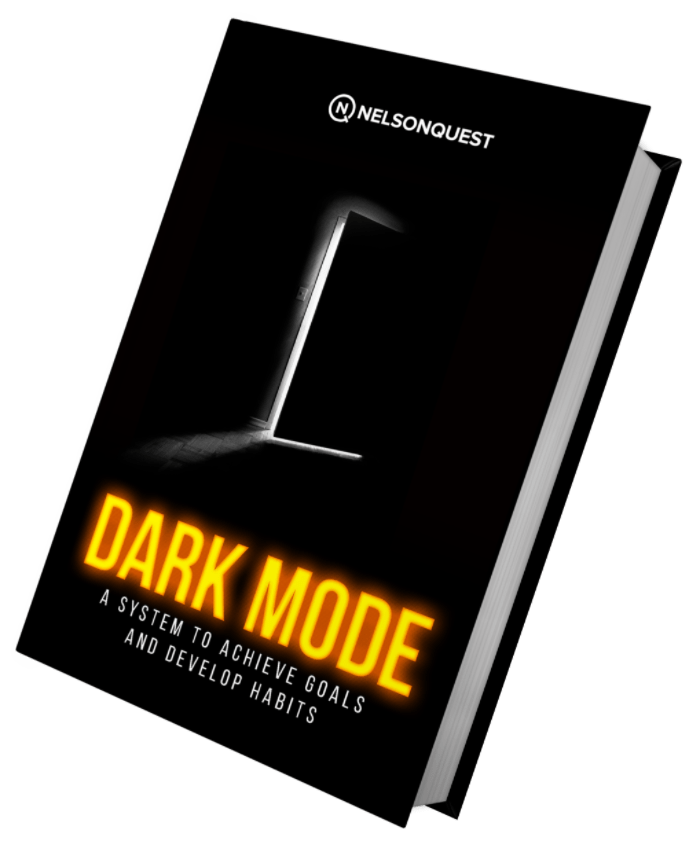
The Dark Mode Guide
is a simple system designed to help you achieve a specific goal by facilitating the development of relevant habits and creating the perfect environment to make failure impossible.
This guide is about actually walking the path. It creates a perfect environment devoid of excuses and forces you to face who you are and what you need to do in a way that’s sustainable.
Stage 4: Meeting The Mentor
The Mentor is somebody who, having already ventured out into and returned from the unknown world, possesses a unique knowledge of it, which they can use to prepare us and give us the confidence to venture out ourselves.
While the archetypal mentor is a ‘wise old man’ – mentor’s can come in many different forms and iterations – friends, philosophy… a movie or blog post.
The mentor that helped me to answer the call was Napoleon Hill – and while he passed away 30 years before I was born, his book “How to Think And Grow Rich” gave me what I needed to accept the call and venture out into the unknown world myself.

Stage 5: Crossing the Threshold
Here, the hero departs from the cherished comfort of the ‘original world’ and ventures forth into the discomfort of the ‘unknown world’ where many challenges lie ahead. This is a point of no return.
Where in the original world, we could faintly sense that something was not quite right’, here in the ‘unknown world’ that sense transforms into an extraordinary all-encompassing goal: to find the monster of ‘that which is not quite right’ and to slay it and claim its treasure.
I crossed the threshold and entered my point of no return when, at the lowest point in my life, I had an epiphany. A sudden realization that all of the pain and suffering at that moment, I could in fact experience as power. The sort of realization that is impossible to un-realize.
If you still haven’t crossed the threshold, understand one thing – to do so, you must give yourself no viable path by which to return. So burn your ships… take the leap… ad astra per aspera.


Stage 6: Tests, Allies, Enemies
Here the hero begins to battle through the obstacles of the unknown world, and in doing so, begins to distinguish allies from enemies.
While these can be ‘people’, the greatest allies and enemies are encountered within.
One of the greatest enemies of the unknown world is often our own ego, which, desiring the external validation of others, will encourage us to pretend we know things, which is precisely the thing that prevents us from ever truly knowing.
Thus, one one of our greatest allies in this world is thus humility. To come to know, we must accept that we do not.
There are many more allies and enemies in this world that will reveal themselves to us as we progress through more battles.

Stage 7: Approach to Inmost Cave
As Carl Jung describes: “That which we need the most will be found where we least want to look.”
The inmost cave is thus the place that we most fear to enter, because it’s the place where the monster of ‘that which is not quite right’ resides.
To come face to face with it is to come face to face with our ‘shadow self’ – the side of our personality that contains all the parts we don’t want to admit having.

Stage 8: The Great Ordeal
After making preparations and delving into the inmost cave, the hero comes face to face with the monster.
I’ve faced this monster many times – in my business, when my company almost went bankrupt and I had to trust the person I least wanted to trust in making decisions, myself.
In boxing, when I stepped into the ring to face my first opponent and had to overcome the desire to win and the fear of losing to be able to truly and freely express myself.
Even with this channel, clicking ‘publish’ on my first video meant going to battle with the most formidable monster I’ve ever faced: my fear of judgment.
It’s important to note that sometimes we don’t slay the monster on the first try, heck it may even initially seem impossible. However, through repeated confrontations and thus gained experience, we will eventually succeed, even if victory comes in a different form than we had anticipated.

Stage 9: Claiming The Treasure
When we do finally defeat the monster, we get to claim its treasure – the weapon of sacred knowledge, forged from the most valuable material in this Unknown world: experience.
Stage 10: The Road Back
With the treasure in hand, it’s time to make our way home to the ordinary world, however the journey is not yet complete, and even greater challenges lay in wait.
However when confronting these challenges, the hero now wields their treasure – the weapon of sacred knowledge – and with each new battle, the hero becomes more skilled in the use of it.

Stage 11: Resurrection
Here the hero must face what can be considered the ‘final battle’ of the journey – which determines whether or not they have truly earned the right to wield the treasure they possess.
We don’t earn knowledge simply by reading something in a book – we earn it by acting on it. To know the path is not to walk the path, to walk the path is to know the path.
After saving my business from bankruptcy, armed with that knowledge I now had to rebuild everything and achieve growth.
In boxing, I’m now wielding what I learned in my first fight, in the many fights that are to come.
After releasing my first YouTube video, I had to release MANY more videos before I could actually understand the judgments of others enough to become emotionally unaffected by them.

Stage 12: Return With The Elixir
By overcoming the ‘final battle’ of the unknown world, the hero is now worthy of the treasure, the ‘knowledge’ that they believe themself to possess.
In becoming worthy, this knowledge is transformed into an ‘elixir’ which can be brought back into the ‘ordinary world’ once more. Here, not only can it be used to continue to benefit the hero, but it can also be shared for the benefit of others.
Alright guys – so it’s important to note that this hero’s journey is not a one-time process, but rather something that, if we’re living an honest life, we will embark on many times over the course of our lifetime.
As Campbell puts it, “What I think is that a good life is one hero journey after another. Over and over again, you are called to the realm of adventure, you are called to new horizons. Each time, there is the same problem, do I dare?”
Joseph Campbell – Pathways to Bliss: Mythology and Personal Transformation
“We have not even to risk the adventure alone for the heroes of all time have gone before us. The labyrinth is thoroughly known … we have only to follow the thread of the hero path. And where we had thought to find an abomination we shall find a God.And where we had thought to slay another we shall slay ourselves. Where we had thought to travel outwards we shall come to the center of our own existence. And where we had thought to be alone we shall be with all the world.”
Joseph Campbell, Hero with a Thousand Faces
Stay
Updated!
Subscribe to e-mails
Join 100k+ others and receive weekly tools, tips, and secret resources directly from Nelson.

